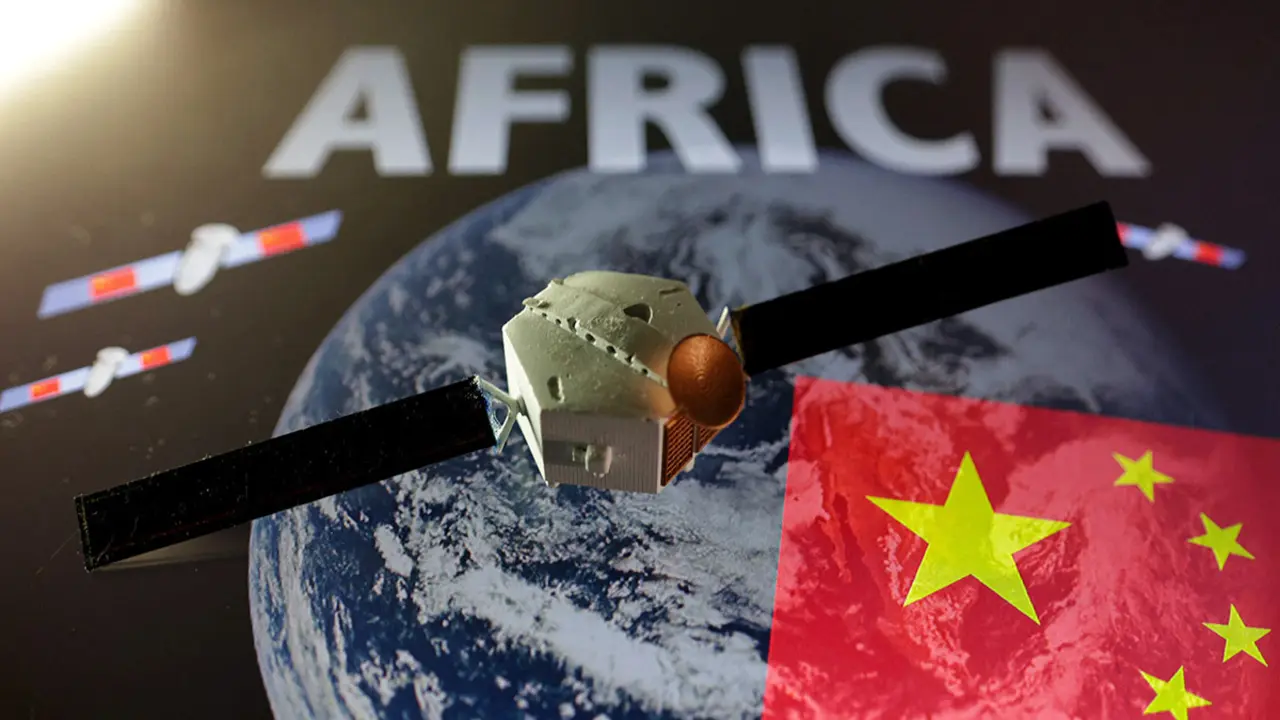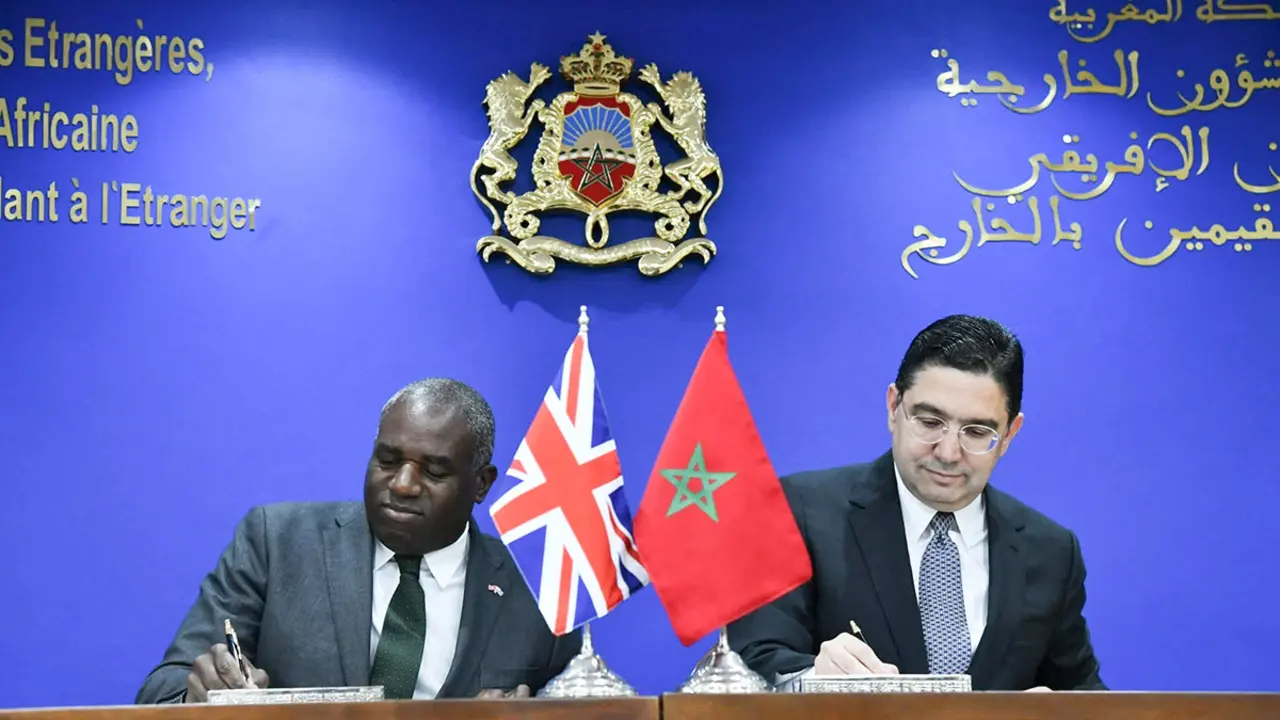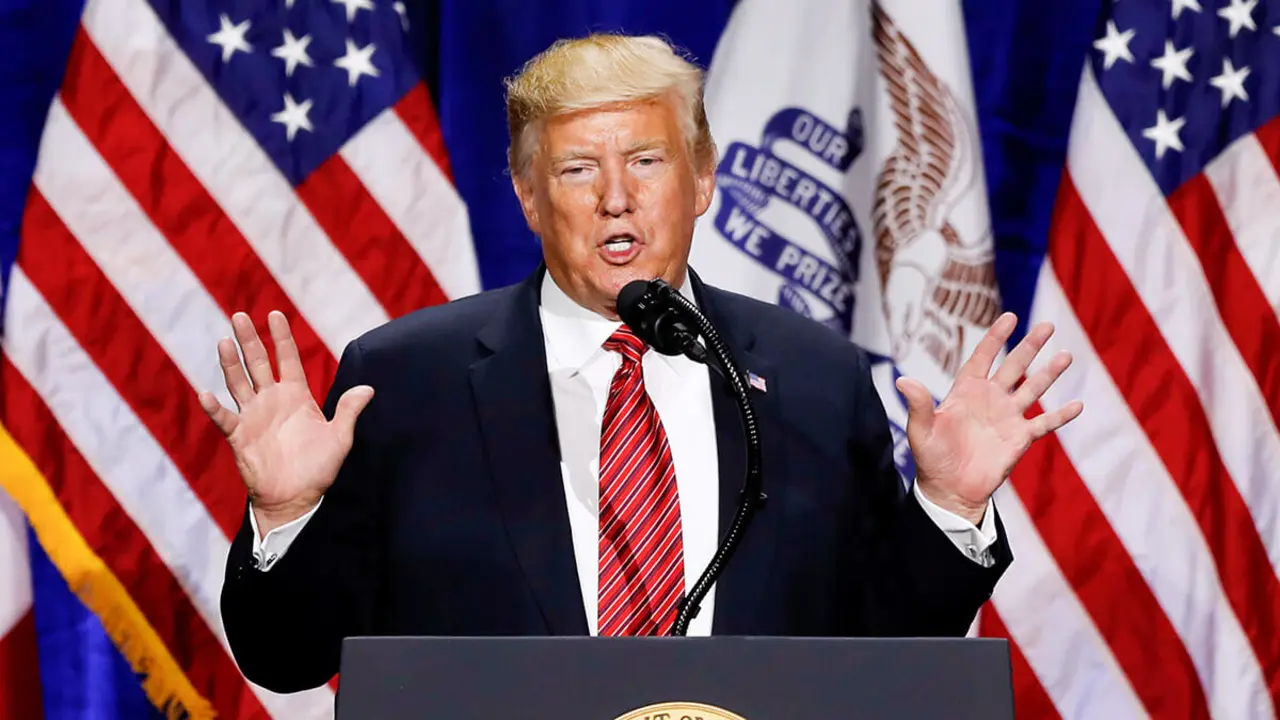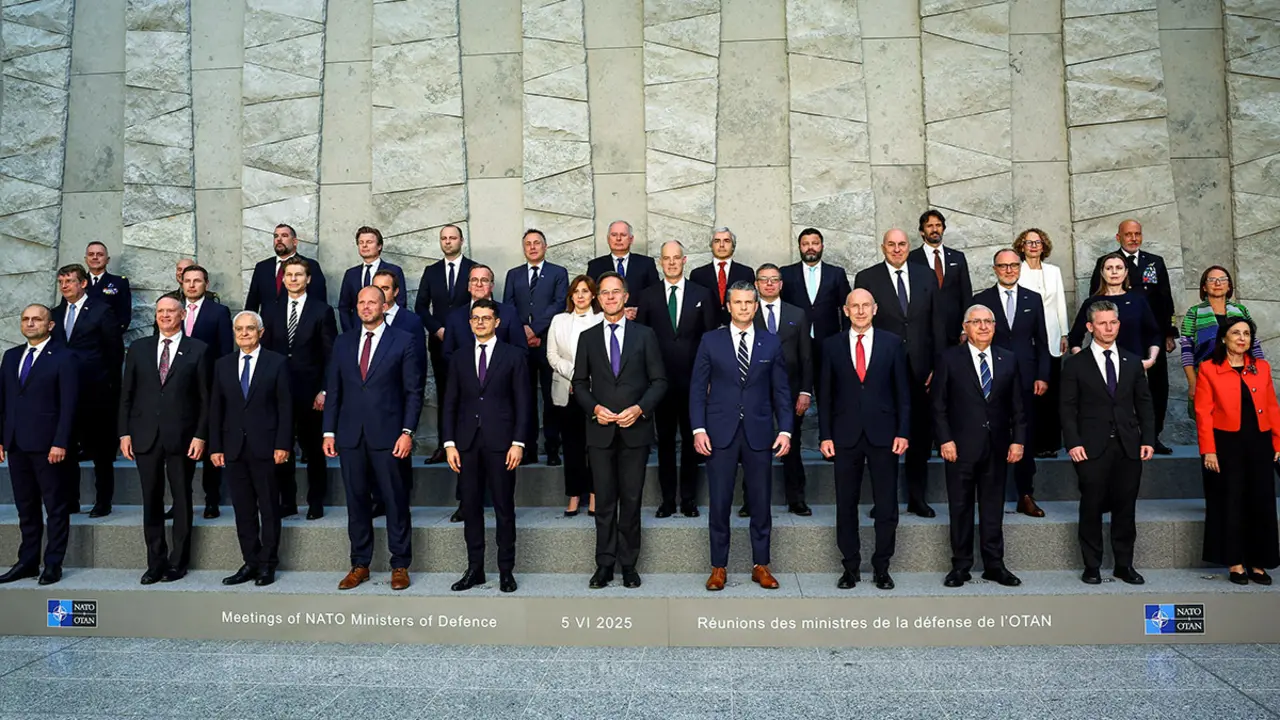Joe Biden and the European Union strengthen their alliance

Ever since Joe Biden won the election, European institutions have been waiting for the opportunity to meet face-to-face with the new occupant of the White House. Since the beginning of his presidency, Biden has insisted on his willingness to restore his country's traditional alliances with the aim of renewing the transatlantic partnership and cooperating in the post-pandemic era for sustainable global recovery and the protection of the planet.
It is the turn of the Western bloc to showcase the alliance that exists between the United States and the European Union, and for the first time in eleven years the White House occupant will participate in a face-to-face European summit.

Taking advantage of the G7 and NATO summit, the new US administration has made it clear that it has returned to the path of multilateralism, leaving behind the years of isolationism of the Trump administration, which questioned NATO's usefulness and insisted that allies increase their military spending.
The fight against pandemics, future health challenges, the promotion of green growth, the strengthening of trade, investment and technological cooperation, and the defence of a more democratic and secure world, with respect for the rules-based international order, also form part of the agenda of this third meeting that Biden is leading on his historic trip to Europe and which will close in Geneva, where he is scheduled to meet his Russian counterpart, Vladimir Putin, face to face.

The EU-27 are also aware that Washington can be a decisive ally in the face of rising tensions with China and Russia. During the years of Donald Trump's presidency, relations between Washington and Brussels experienced one of the most tense periods in recent decades. The former president harshly criticised the European Union, including trade sanctions, and questioned the relationship between the two sides.
During his stay in Brussels, President Biden will participate in the US-EU Summit. Joe Biden could take advantage of his presence in the EU to ease the tension in the relationship between the United Kingdom and the EU after Brexit. The United States has offered to act as mediator on more than one occasion, and it is hoped that Biden will be able to achieve some progress, especially with regard to Northern Ireland.
Everything seems to indicate that Brussels and Washington will do their utmost to get back on the same page, even if there are differences. Such as the disagreement over patent liberalisation. Biden argues that they should be freed up to multiply production, while Von der Leyen and Michel are in favour of the US and others lifting export barriers, something that the EU has led the way on. In addition, the EU bloc prefers that pharmaceutical companies be forced to allow others to manufacture their vaccines at cost price or for a small fee.

The era of trade wars opened by the US president had the European Union among its main targets. One of the main objectives of this summit between the EU and the US is to try to renew trust and reduce the trade rifts that exist between the two after the Trump Administration imposed a 25% tax on EU imports and a 10% tax on large civilian aircraft that the EU sells to the US. The products affected by the levies include fresh cheese, olives, olive oil and pork products of Spanish, German and British origin, as well as French wine, according to a list distributed by the Foreign Trade Office.
Free trade and the rules-based world order are at a low ebb. One of the main signs of this is the delicate state of transatlantic relations, the cornerstone of the liberal international order established after World War II. The trade war and the war between the two global aviation giants only deepen the problems. The art of the deal, so professed by Trump, seems more necessary than ever to save the allied status of the US and the EU.
They are expected to seek comprehensive and lasting solutions to their trade and competition disputes, commit to increasing the trade and investment relationship between the two blocs, as well as to maintaining and reforming the rules-based multilateral trading system, while increasing their cooperation on technology and secure data flow systems.








